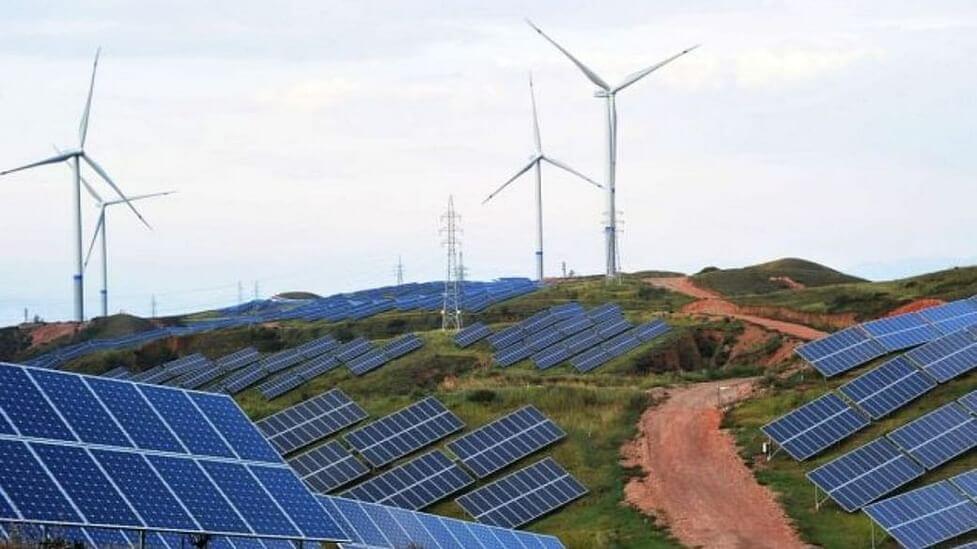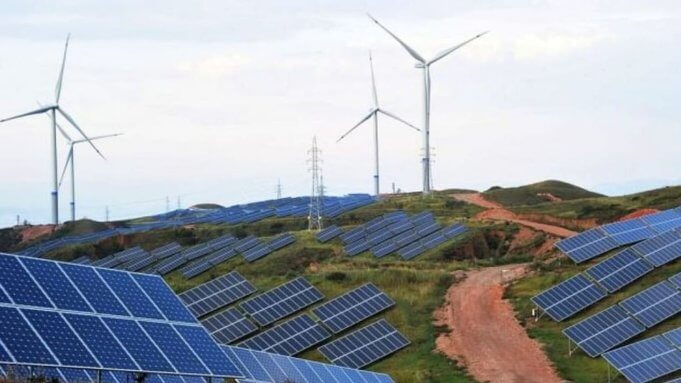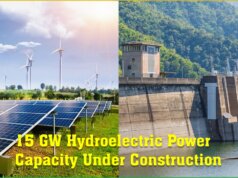 The Union Cabinet has approved Phase-II of the Green Energy Corridor (GEC). The projects in this phase will be set up in seven states to expedite transmission of renewable energy.
The Union Cabinet has approved Phase-II of the Green Energy Corridor (GEC). The projects in this phase will be set up in seven states to expedite transmission of renewable energy.GEC is an alternative transmission system for renewable energy (RE) power projects. During Phase-I of GEC, inter-state transmission projects were constructed by the state-owned Power Grid Corporation of India (PGCIL) and some projects were awarded to private players through competitive bidding.
Phase-II will aim to add approximately 10,750 ckm of transmission lines and approx 27,500 MVA transformation capacity of substations. The cost of the current phase is estimated at Rs 12,031.33 crore and Central Financial Assistance (CFA) of 33 percent of the project cost i.e. Rs 3,970.34 crore.
While the earlier two phases aimed at transmission of 175 GW of RE power, the upcoming phases will be for realisation of 450 GW of RE in this decade. The projects in this phase will aim to strengthen the power transmission capacity of state grids.
The scheme will facilitate grid integration and power evacuation of approximately 20 GW renewable energy power projects in seven states, namely Gujarat, Himachal Pradesh, Karnataka, Kerala, Rajasthan, Tamil Nadu and Uttar Pradesh.
The projects will be awarded through competitive bidding and open for private companies to participate.
The last round of power transmission projects for connecting renewable energy zones in 2019 with the national grid saw leading private companies bringing down project cost by 40-50 per cent.
These projects would be in line with 44 new power transmission projects worth Rs 41,369 crore, which were approved recently. This tranche of projects would evacuate close to 38 GW renewable energy from Western and Northern parts of the country.











